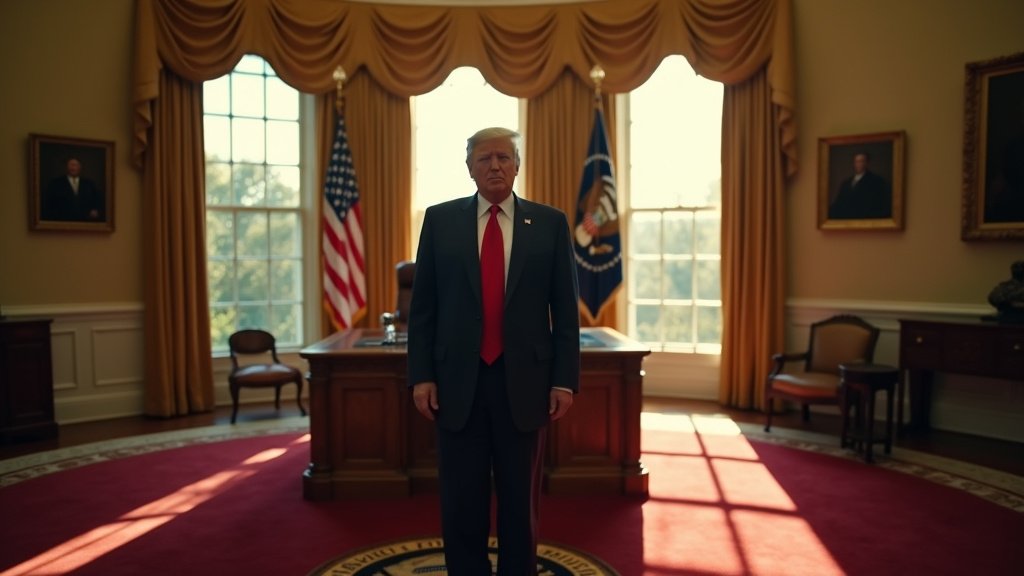A significant international maritime effort, the Global Sumud Flotilla, has set sail from Barcelona, Spain, carrying humanitarian aid and activists with the stated aim of challenging Israel’s blockade of the Gaza Strip and highlighting the escalating humanitarian catastrophe there. This ambitious mission, described by organizers as the largest civilian fleet ever assembled for Gaza, departed on August 31, 2025, intending to deliver essential supplies and break the siege that has severely impacted the Palestinian enclave for years.
The flotilla, comprising dozens of small civilian vessels and drawing participants from at least 44 countries, experienced a brief delay due to adverse weather conditions, forcing some boats to return to Barcelona’s port before resuming their journey on the evening of September 1. The fleet is expected to rendezvous with additional vessels from Tunisia on September 4, consolidating into a larger convoy for the final leg of their voyage, which is anticipated to take approximately seven to eight days.
Among the prominent figures joining the Global Sumud Flotilla is Swedish climate activist Greta Thunberg, who is part of the mission’s steering committee. Thunberg has been vocal in her criticism of governments she believes are failing to uphold international law and have been complicit in the ongoing situation in Gaza. “The story here is about Palestine. The story here is how people are being deliberately deprived of the very basic means to survive,” Thunberg stated at a press conference in Barcelona prior to the departure, denouncing what she described as Israel’s “genocidal intent.”
Other high-profile participants include Brazilian activist Thiago Avila, former Mayor of Barcelona Ada Colau, and actors Liam Cunningham and Eduard Fernandez. The coalition behind the flotilla includes the Freedom Flotilla Coalition (FFC), Global Movement to Gaza (GMTG), Maghreb Sumud Flotilla, and Sumud Nusantara, groups with extensive experience in previous solidarity missions to Gaza.
The Gaza Blockade and its Humanitarian Impact
The core objective of the Global Sumud Flotilla is to confront Israel’s blockade on the Gaza Strip, which has been in place since 2007. This blockade, enforced by land, sea, and air, has severely restricted the movement of goods and people, crippling Gaza’s economy and exacerbating living conditions. Reports from the United Nations and various humanitarian organizations paint a dire picture of the situation, with widespread food insecurity, a collapsed healthcare system, and a severe lack of essential resources like clean water and electricity. The blockade has been cited as a primary factor in the devastating humanitarian crisis, contributing to high unemployment and dependency on international aid. In 2015, a UN report noted that the blockade had reduced Gaza’s GDP by 50% and that nearly 80% of the population relied on international aid, largely for food assistance.
More recent assessments from the UN have confirmed that famine conditions are prevalent in Gaza, particularly in Gaza Governorate, and are projected to spread. According to the Integrated Food Security Phase Classification (IPC), two out of three famine thresholds have been reached, with a significant portion of the population facing starvation, destitution, and preventable deaths. The UN has described the crisis as a “man-made catastrophe,” emphasizing that the lack of sufficient food is a direct result of the ongoing conflict and restrictions on aid delivery. Reports indicate that over half a million people are currently facing starvation, a number expected to rise.
A History of Solidarity Missions
This current flotilla is part of a long-standing tradition of international solidarity efforts aimed at breaking the Gaza blockade. The Freedom Flotilla Coalition, in particular, has been instrumental in organizing maritime missions since 2008. Previous attempts have faced significant challenges, including interception and raids by Israeli forces. The most notable incident occurred in 2010 with the Mavi Marmara, where Israeli commandos boarded a ship carrying aid and activists, resulting in the deaths of ten individuals and sparking international outrage.
Greta Thunberg herself has participated in previous flotilla attempts. In June 2025, she was detained and later deported by Israeli authorities after her ship, the Madleen, was intercepted near Gaza. This experience underscores the risks involved in these missions and the determination of the participants.
International Law and Activist Stances
Organizers and supporters of the Global Sumud Flotilla assert that their mission is legal under international law. Amnesty International has urged Israel to allow the flotilla to proceed safely, warning that any attempt to block it would violate humanitarian principles. The activists’ stated goals include not only delivering aid but also raising global awareness about the blockade and advocating for an end to what they term “genocide” and “collective punishment” against Palestinians.
Conversely, Israel has historically viewed such flotillas as publicity stunts intended to undermine its security. The Israeli government has convened meetings to discuss strategies for intercepting and managing the activists involved, with proposals for detention under strict conditions. Despite these challenges and historical precedents, the organizers maintain that their mission is a necessary response to the failures of governments to address the humanitarian crisis and uphold international law.
The Journey and its Broader Significance
The departure of the Global Sumud Flotilla from Barcelona signifies a renewed effort by civil society to address the ongoing crisis in Gaza. The mission’s scale, involving participants from numerous countries and a large number of vessels, underscores a growing global demand for action. By attempting to reach Gaza by sea, the flotilla aims to bypass land routes that are heavily restricted and to send a clear message that the international community will not remain passive observers to the suffering in the Strip.
The flotilla’s journey is fraught with potential challenges, given past Israeli actions. However, the dedication of the participants, coupled with the dire humanitarian situation in Gaza, has amplified the mission’s significance. It represents a direct appeal to international conscience and a testament to the power of nonviolent protest in demanding justice and humanitarian access for populations in crisis. As the vessels navigate the Mediterranean, their progress is being closely watched, reflecting the complex geopolitical landscape and the enduring struggle for human rights in the region.








